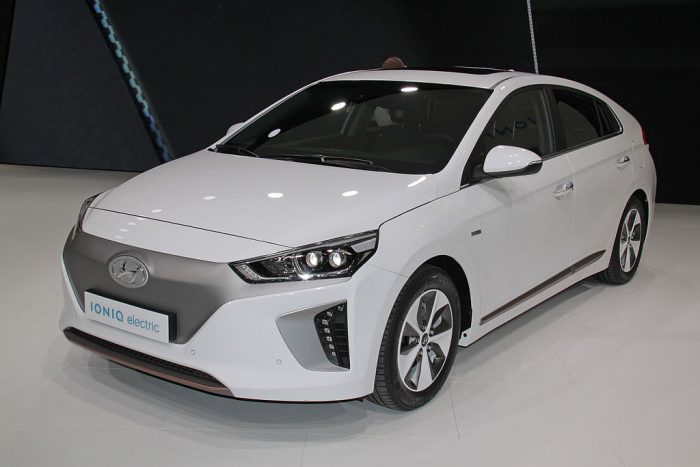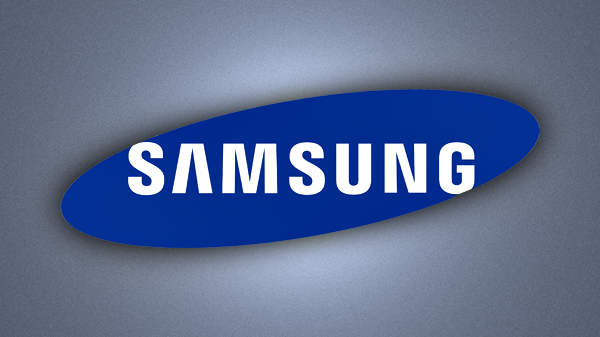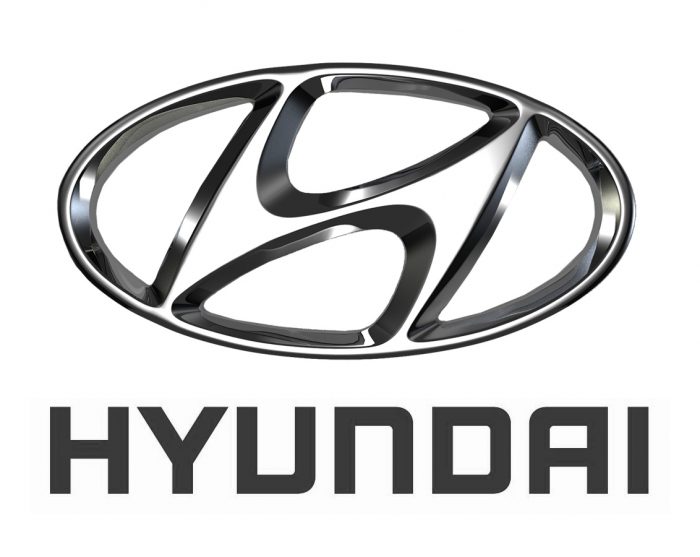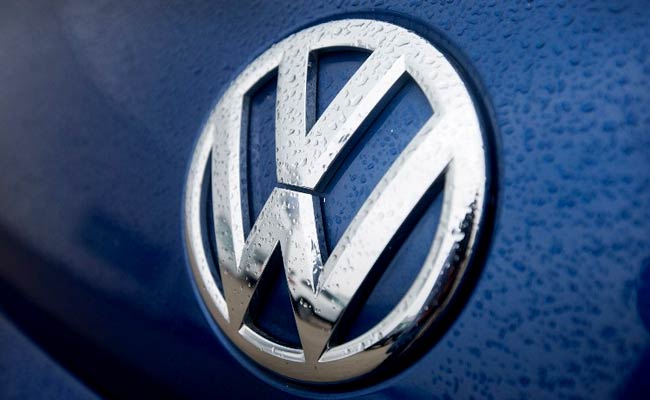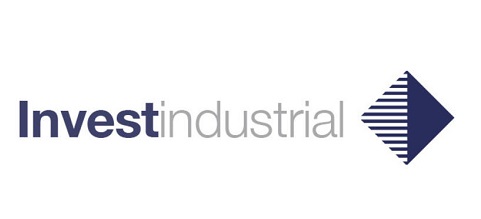Now Reading: Hyundai plans to launch new models next year
-
01
Hyundai plans to launch new models next year
Hyundai plans to launch new models next year
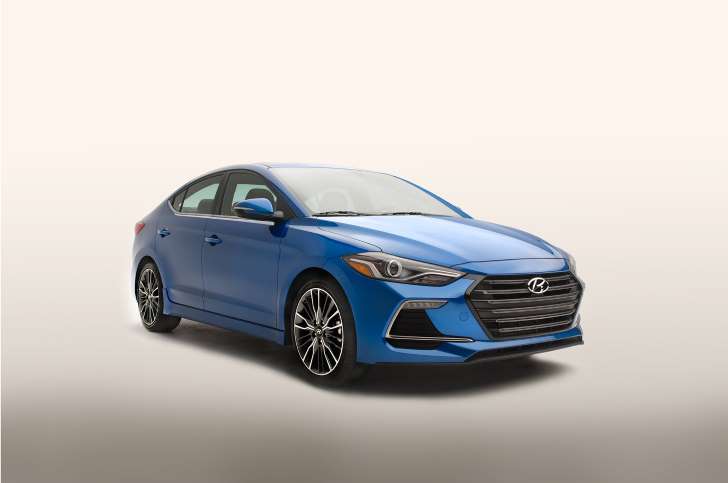
South Korean automakers dealing with a significant headwind from a weakening Japanese yen, which will enhance competitors like Toyota Motor next year, a Hyundai Motor think tank stated.
The fall in the yen will heighten competition in significant markets, such as China and the United States, where total demand is anticipated to diminish in 2018, the think tank stated.
It predicted that the Korean won would bring 978 per 100 yen in 2018, compared with 1,018 this year.
The re-election in November of Japan’s Prime Minister Shinzo Abe, who prefers huge monetary and fiscal stimulus policies, must point to more yen weakness, the think tank stated.
Toyota Motor in November raised its projection for full-year operating profit, in part due to expectations of a weaker yen, which can make items exported from Japan more affordable and can increase the value of abroad profits when they are repatriated.
“The currency environment is anticipated to weaken next year,” stated Lee Bo-sung, a director of the think tank, the Global Business Intelligence Center.
“The weaker yen is expected to be the greatest obstacle for South Korean automakers next year, as they are contending against Japanese,” Lee stated.
He stated the cost gap between Korean and Japanese cars already narrowed because of the yen’s decrease. For instance, Hyundai’s Sonata sedan was 10 percent more affordable than Honda’s Accord in the United States in 2011 and the gap is just 2 percent this year, he informed.
A weaker yen and greater profits have also enabled Japanese automakers to improve investment and gain market share in China and other emerging markets, Hyundai’s stronghold, he stated.
Hyundai Motor stated on Friday it prepares to present three SUVs next year in the United States – the upgraded Santa Fe, the Kona, and the modified Tucson, to regain its sales momentum. In China, Hyundai and Kia plan to release three China-targeted small SUVs in 2018.
Stay Informed With the Latest & Most Important News
Previous Post
Next Post
-
 01Polestar Boss Says It’s Time To Outrun BMW M And Mercedes-AMG
01Polestar Boss Says It’s Time To Outrun BMW M And Mercedes-AMG -
 02Spy Shots: 2027 Mitsubishi Pajero Spotted in Testing Ahead of Possible U.S. Return
02Spy Shots: 2027 Mitsubishi Pajero Spotted in Testing Ahead of Possible U.S. Return -
 03Spy Photos: VW ID. Polo GTI Goes Electric with 223 HP and 280 Miles of Range
03Spy Photos: VW ID. Polo GTI Goes Electric with 223 HP and 280 Miles of Range -
 042026 Toyota Hilux EV: A Powerful Truck with Silent Torque
042026 Toyota Hilux EV: A Powerful Truck with Silent Torque -
 05The Controversial Ford Voodoo V8 That Was Killed Off Too Early
05The Controversial Ford Voodoo V8 That Was Killed Off Too Early -
![2027 Mercedes-Benz S-Class Debuts with V8 Engine [Photo Gallery]](https://speedlux.com/wp-content/uploads/2026/01/2027-Mercedes-Benz-S-Class-33-155x125.jpg) 062027 Mercedes-Benz S-Class Debuts with V8 Engine [Photo Gallery]
062027 Mercedes-Benz S-Class Debuts with V8 Engine [Photo Gallery] -
 07Hyundai Palisade’s Breakout Year Shows How Quickly the Market Can Turn
07Hyundai Palisade’s Breakout Year Shows How Quickly the Market Can Turn


![2027 Mercedes-Benz S-Class Debuts with V8 Engine [Photo Gallery]](https://speedlux.com/wp-content/uploads/2026/01/2027-Mercedes-Benz-S-Class-33-700x394.jpg)






































